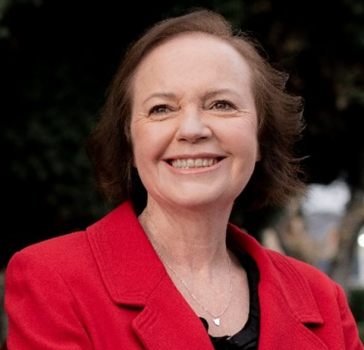Calls have been made for mandated civics education for Australia’s high-school students.
A final report released last week by a joint standing committee recommends the creation of “a nationally mandated standalone civics and citizenship curriculum”.
“Civics education is essential for a strong and stable democracy,” committee chair Senator Carol Brown told GN. “It ensures that all Australians – especially young people – understand their rights, responsibilities, and how political institutions function.”
“With compulsory voting, it is critical that citizens know how to participate in elections effectively, confidently and contribute to informed public debate,” she added.
The report – From Community to Classroom: Civics education and political participation in Australia – makes 23 recommendations aimed at strengthening civics education and standardising classroom content across the country. “Current civics education varies significantly across states, and many students leave school without a practical understanding of voting, policymaking, or political engagement,” Brown told GN.
The committee – which last year received 132 submissions from federal government agencies, state governments, local governments, academics, and youth organisations – recommends a minimum of 10 hours of civics education in Years 9 and 10 and a mandatory civics course for Years 11 and 12. This would, said Brown, “give students the tools to confidently participate in elections and political discussions”.
“Civics education is essential for a strong and stable democracy.”
In its report, the committee stresses that rising disengagement, distrust, and misinformation makes civics education more critical than ever. Social media’s role in shaping political views is of a particular concern. “Many Australians, especially young people, receive most of their news from online platforms, where misinformation spreads easily,” said Brown.
To tackle this, the committee recommends:
- embedding media literacy in the school curriculum
- providing teacher training and resources on digital literacy
- working with grassroots organisations to support vulnerable communities
- funding research into how Australians consume political information online.

“Without strong media and digital literacy education, voters may struggle to distinguish between factual information and misleading narratives,” Brown told GN. “By strengthening media literacy, teaching people how to critically assess online content, identify bias, and recognise misinformation can help them make informed political decisions and reduce the impact of misinformation.”
Beyond schools, the committee recommends civics education must extend to adults, particularly in culturally and linguistically diverse communities and First Nations communities. “Many Australians report never having received formal civics education, leading to feelings of alienation from the political system,” said Brown.
Voter apathy and declining trust in institutions is a familiar theme among democracies worldwide. According to a 2023 OECD Trust Survey, less than half of Australians – 46 per cent – reported high or moderately high trust in the federal government. “In Australia, these challenges threaten informed participation in elections and democratic processes,” said Brown.
However, she told GN, by implementing the committee’s recommendations, “the government can strengthen democracy, rebuild public trust, and ensure that all Australians are equipped to participate fully in civic life”.





Leave a Reply